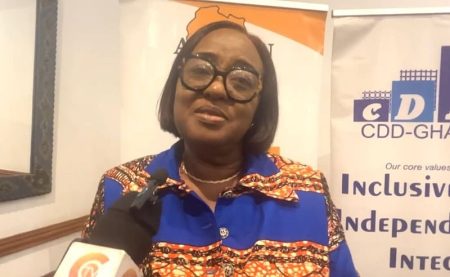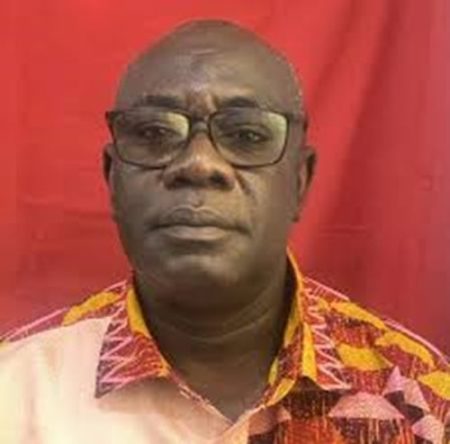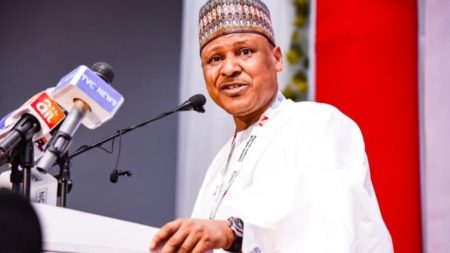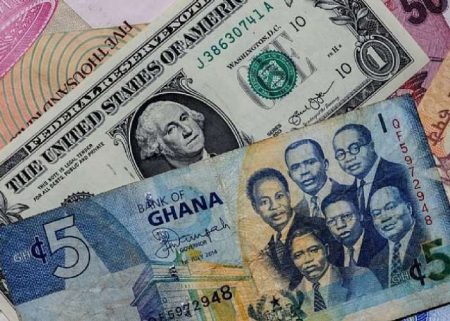The establishment of the Petroleum Hub Development Corporation (PHDC) in Ghana marks a pivotal moment in the nation’s economic trajectory, poised to become a generational legacy and a driving force for transformative growth. This ambitious project, situated in Jomoro within the Western Region, envisions a fully integrated petroleum hub encompassing refining, storage, trading, distribution, and petrochemical production. It represents not just another infrastructure project, but a national imperative with the potential to reshape Ghana’s energy landscape and position the country as a dominant energy player in West Africa. The anticipated benefits are multifaceted, ranging from creating hundreds of thousands of jobs and bolstering the industrial base to solidifying Ghana’s energy security and driving significant export revenue. This initiative promises to be a catalyst for economic diversification and sustainable development, leaving an enduring impact on future generations.
However, the realization of this transformative vision faces a critical challenge: inadequate funding. While the project boasts meticulous planning and ambitious goals, its progress is hampered by insufficient financial resources to meet crucial obligations, particularly in the areas of land compensation and servicing the project enclave. These financial constraints pose a significant threat to the project’s timely execution and its overall success. Addressing this funding gap is paramount to unlocking the immense potential of the Petroleum Hub and ensuring its contribution to Ghana’s economic prosperity. Without adequate and timely funding, the project risks stagnation, jeopardizing the anticipated economic benefits and the opportunity to establish Ghana as a regional energy powerhouse.
To mitigate this financial hurdle and secure the project’s future, concrete and decisive action is required. The Energy Committee of Parliament has proposed a strategic allocation of funds to address the immediate funding needs. Specifically, they recommend diverting 10 pesewas per litre of fuel from the margins within the Unified Petroleum Price Fund (UPPF) directly to the PHDC. This dedicated revenue stream would provide a consistent and predictable source of funding to support the Corporation’s operations and advance the project’s development. This measure represents a pragmatic approach to leveraging existing resources to ensure the project’s financial viability.
Furthermore, the Energy Committee advocates for a substantial budgetary provision of GH¢300 million within the upcoming Mid-Year Budget Review or Appropriations Act. This allocation would be specifically earmarked for the crucial task of compensating landowners and affected communities within the project enclave. Fulfilling this obligation is not only ethically imperative but also essential for maintaining social harmony and fostering community support for the project. Providing fair and timely compensation to affected individuals and communities is a crucial step in building trust and ensuring the smooth implementation of the project.
The strategic allocation of these funds is not merely about addressing immediate financial obligations; it is an investment in the future of Ghana. Reliable and adequate funding will not only facilitate land acquisition and project development but also enable crucial investments in human capital. Specifically, these resources will support training and capacity-building initiatives for Ghanaians, equipping them with the necessary skills to participate in and benefit from the emerging petroleum value chain. Investing in the local workforce will ensure that Ghanaians are well-positioned to take advantage of the numerous job opportunities created by the project, fostering inclusive and sustainable development.
The Petroleum Hub Project holds immense promise for Ghana’s economic transformation, with projections indicating over US$60 billion in investments and the creation of more than 780,000 direct and indirect jobs. Beyond the immediate economic benefits, the project is expected to significantly enhance Ghana’s energy security and bolster its industrial base, laying the foundation for long-term sustainable development. Realizing this vision, however, hinges on addressing the pressing issue of funding. By implementing the proposed funding mechanisms and prioritizing investments in human capital, Ghana can unlock the full potential of the Petroleum Hub and secure a brighter future for generations to come. The time for decisive action is now, and the benefits for Ghana are undeniable.














